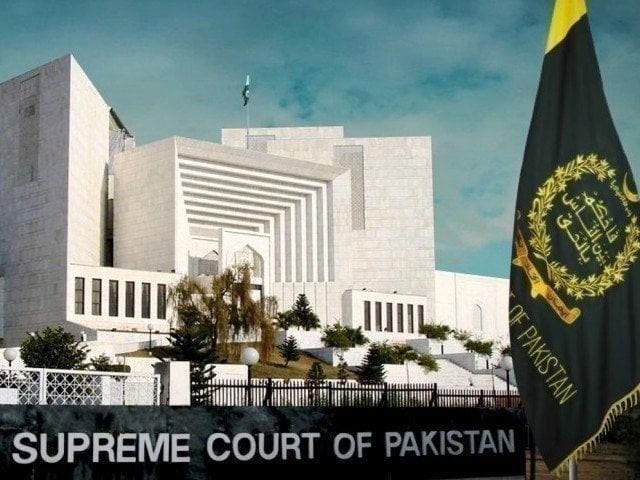Court cannot grant arbitrary relief: SC
Says service tribunal can set aside departmental order

The Supreme Court ruled on Wednesday that the service tribunal enjoyed the powers to set aside, confirm or modify any departmental order, but such power was required to be exercised carefully, judiciously and after recording cogent reasons.
A five-page judgment, authored by Justice Mansoor Ali Shah, on an appeal filed by the Punjab police, said that no court had the jurisdiction to grant arbitrary relief without the support of any power granted by the Constitution or the law.
The case stemmed from the recruitment of driver constables in Lahore district police in 2007. Later, there was a complaint that the recruitment was made on the basis of fake driving licence and in 2012, the employees were sacked after departmental proceedings.
An appeal was filed against the departmental proceedings, which was rejected. However, the Punjab Service Tribunal, Lahore, accepted the appeal and reinstated the employees against which the Lahore Police Headquarters superintendent approached the Supreme Court.
The appeal was heard by a three-member bench headed by Justice Mansoor Ali Shah. The judgment in the case was issued on Wednesday.
"It is significant to underline that courts are tasked with a delicate balancing act: respecting the institutional autonomy of public sector institutions, while ensuring these institutions operate within the bounds of the law and do not infringe upon individual rights or the public interest," it said.
"The autonomy of public institutions is not just a matter of administrative convenience, but a fundamental requirement for the effective functioning of a democratic society, as public sector organizations are guardians of the public interest," it added.
However, the judgment continued, institutional decisions were subject to judicial oversight and could be corrected if they suffered any illegality, irrationality or procedural impropriety. Other than that, the courts must give deference to the institutional decisions and desist from second-guessing them.
It said that the respondents were dismissed from service on an established charge of misconduct after a proper regular departmental inquiry was conducted. It added that the fact that the respondents procured their appointment on fake driving licences could not be condoned.
"The reasoning given in the impugned judgment justifying their reinstatement on the ground that the respondents worked for 14 years and had subsequently obtained new licenses is not sufficient and does not wash away their act of submitting fake and bogus licenses," the judgment said.
The court said the tribunal enjoyed powers to set aside, confirm, vary or modify any order passed by the departmental authorities, but such power was required to be exercised carefully, judiciously and after recording cogent reasons, considering the specific facts and circumstances of each case.
"All Courts and Tribunals seized of matters before them are required to pass orders strictly in accordance with the parameters of the Constitution, the law and the rules and regulations lawfully framed under the law," the judgment said.
"No court has the jurisdiction to grant arbitrary relief without the support of any power granted by the Constitution or the law. Any relief granted on the touchstone of subjective standards of leniency and compassion, rather than the law, cannot be sustained."



















COMMENTS
Comments are moderated and generally will be posted if they are on-topic and not abusive.
For more information, please see our Comments FAQ